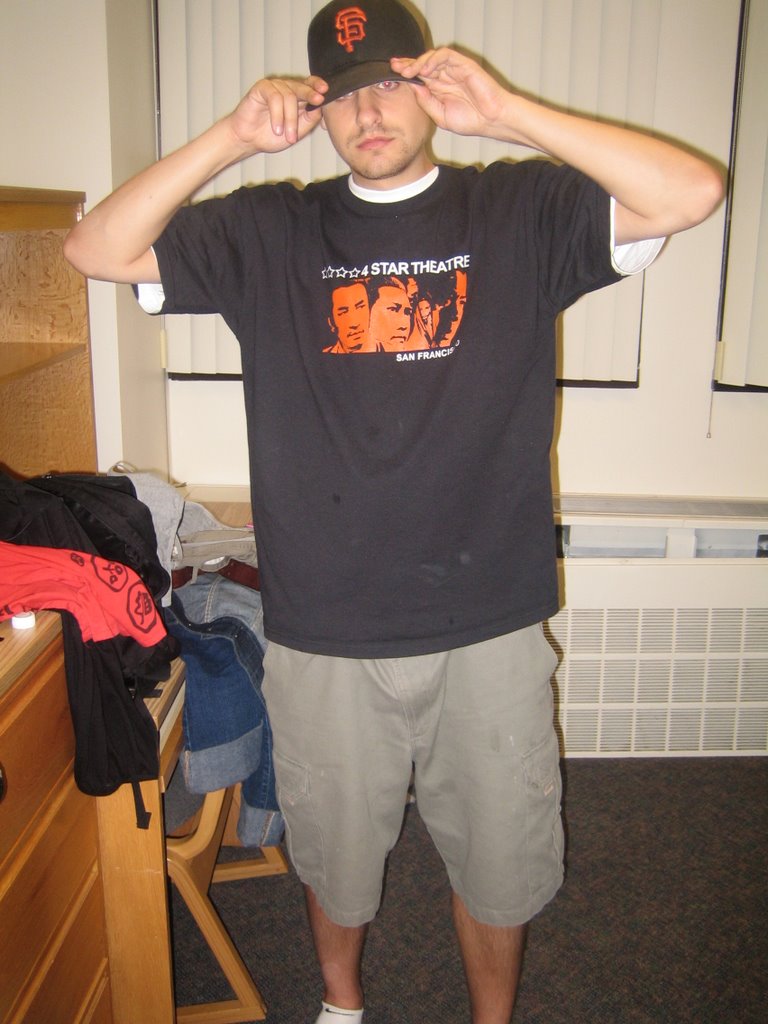 SOS: A RISING STUDENT MOVEMENT
SOS: A RISING STUDENT MOVEMENTBy Grace Lee Boggs
We're tired of school safety screaming in our face,
Tired of overcrowded rooms and not having a seat
Tired of guidance counselors busy so no time to meet,
Tired of the same books and never getting others
Tired of books being older than my mother's mother.
And if I was to tell the press that, they be shook
'Cause there ain't no such thing as half-way books!
This little poem by 17 year old Joman Nunez recalls the oft-quoted
"sick and tired of being sick and tired" statement by Fannie Lou Hamer,
the Mississippi sharecropper, civil rights activist and co-founder
of the Mississippi Freedom Democratic Party which almost unseated
the regular segregationist delegation at the 1964 Democratic Party
convention.
I came across it in "A Rising Movement, " an article in the spring 2006
National Civic Review by Kivatha Mediratta, senior project director of
the New York University Institute for Education and Social Policy.
Additional information on this rising movement can be found on Pipeline,
the newsletter of Funders Collaborative on Youth Organizing (FCYO) which
supports "authentic youth leadership in public life."
These struggles have been triggered by the refusal of most educators
and adults to recognize that youth violence and dropouts are a
sign that today's schools, structured a hundred years ago at the beginning
of the industrial age, are now obsolete. Instead, like most administrators
of outmoded institutions, they have resorted to security and punitive
measures.
Thus, in the late 1980s, following a rise in juvenile crime, school districts
across the country began developing zero tolerance policies such as
suspensions and expulsions for tardiness, skipping classes etc. Then they
began replacing elected school boards with Mayoral control or
state-appointed boards. When the situation didn't improve, they brought
in armed police, metal detectors and surveillance cameras. Currently,
in accordance with Bush's "No Child Left Behind" act, they are
replacing any semblance of education with "teaching to the test."
Students are responding by protest marches and proposals
for systemic changes.
Last September 1500 New York City students walked out of Dewitt
Clinton High School and marched two miles to their school district
headquarters to protest the use of metal detectors in their schools.
In Chicago Generation X launched a "Breaking the Chains" campaign
to address punitive policies that have resulted in thousands of
expulsions, many accompanied by police arrests for offenses as
minor as snowball fights.
Milwaukee's Urban Underground succeeded in stopping MPS from
placing armed police officers in every major high school.
In Portland, Oregon, Sisters in Action for Power proposes that
high stakes testing be replaced by alternative methods to assess
progress, e.g. portfolios and work samples,.
At the Leadership Institute, a small high school in the Bronx,
Sistas and Brothas United (SBU) suggests that community
research and action programs be part of the curriculum.
In New York City a youth organization, calling itself Make the
Road by Walking (MRBW), ,has joined with SBU, Northwest
Bronx Community and Clergy Coalition, Mothers on the Move
and the Institute for Education and Social Policy to form the
Urban Youth Collaborative (UYC) to create a city-wide agenda
for high school reform.
Most educators,and administrators, Mediratta writes, find
it difficult to comprehend this new "phenomenon" of youth
struggle because they expect young people to focus on individual
rather than collective and systemic solutions.
On the other hand, everyone concerned with saving our schools
and our young people needs to encourage these struggles because
they have the potential for creating the kind of Freedom Schooling
which, instead of seeking to train young people to become cogs in
the economic machine, recognizes and nurtures them as change
agents who can respirit and make our neighborhoods safer and
livelier almost overnight.

No comments:
Post a Comment